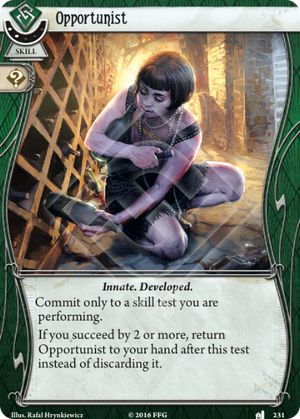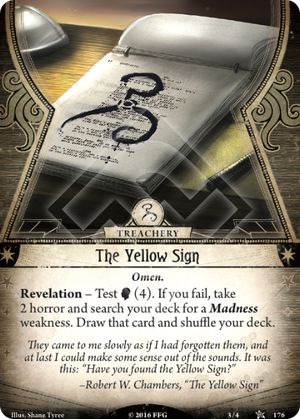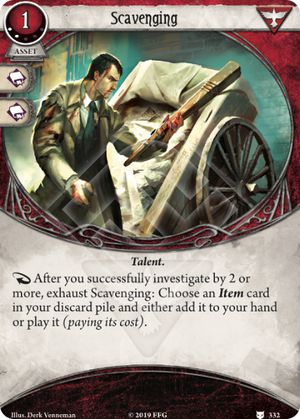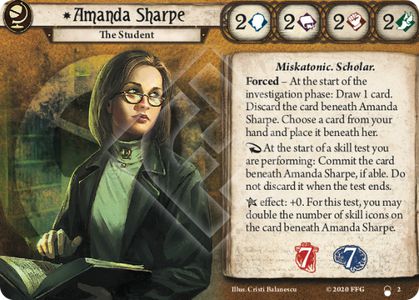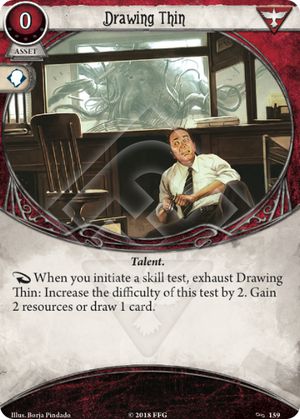
At three experience, this stops being an auto-include for every single survivor. If you’re going for a big money deck, with teamwork to help out your buddies, you’re probably gonna make more than Jenny trying to get her hot streaks, as your toys cost less. Two bucks a turn every turn, or four bucks with two, in exchange for a failure or a more difficult action.
Making a test harder for yourself, especially if you have other failure cards, can be a strategy, but it’s no longer -the- strategy*. And as much as I love playing Rita and having an economy made from two copies of one card, this is a reasonable taboo.
*Unless you're Stella.
